Not just threatening

Like the 2021 China Coast Guard law, this provision gives the CCG broad powers to interfere with the lawful activities of neighboring countries. However, the new provision allows the CCG to arrest foreign fishermen and detain them for up to 60 days without trial. That level of detail may suggest that Beijing actually intends to do this, unlike the more threatening 2021 law.
Mr. Gregory Poling
(Director of Southeast Asia Program, Director of Asia Maritime Transparency Initiative - Center for Strategic and International Studies (CSIS), USA)
Beijing's message

That is how China wants to demonstrate its jurisdiction in the South China Sea. To strengthen its claim at the international level, China is strengthening its domestic law on the South China Sea. The timing of this shows that China will not back down even if the Philippines strengthens its strategic ties with the US and other like-minded countries such as Japan.
Associate Professor Kei Koga
(Program on global issues and public policy,
School of Social Sciences , Nanyang Technological University, Singapore)
New trick

This is a new trick of China after a series of moves in the past time: Merging many forces to Unify different agencies into CCG, passing laws allowing CCG to use force, handing over old Chinese navy escort ships to CCG, assigning landing ships to CCG, replicating CCG's gray zone tactics and hybrid warfare.
In theory, China has the most military ships in the world. But there are limits to long-distance sea voyages. China has dispersed its ships to many places: Bohai Sea, East China Sea, Taiwan Strait, South China Sea, Ream Naval Base (Cambodia), Djibouti Naval Base... Therefore, China is increasing the militarization of the CCG and developing maritime militia forces.
Expert Benjamin Blandin
(majoring in geopolitics , Catholic University of Paris, France)
Illegal action

If the CCG arrests foreigners in the South China Sea, it is an illegal act. But China allows it to do so in an effort to assert its sovereignty over large areas of the South China Sea. By allowing the arrests, China is signaling its intention to enforce its claims more aggressively.
Given the strategic importance of the South China Sea, China may want to control or monitor activities in the waters. China has used maritime militias as a way to increase its influence in the region in recent times. This trend will continue as China tries to increase its influence in the region.
Prof. Dr. Prakash Panneerselvam
(Programme for International Security and Strategic Studies, National Institute of Advanced Studies, India)
Forgery of administrative records

China's permission for the CCG to arrest foreigners at sea, such as in the East Sea, is a demonstration that Beijing is using domestic law to control areas it claims sovereignty over, even if those claims are illegal.
By conducting such an arrest, China creates an administrative record that forms a database to legitimize its (illegal) enforcement of law in the region. Beijing thereby extends its control without the use of force. Other stakeholders should seek to mitigate China’s strategy. Regional powers should support other actors in enhancing their maritime domain awareness to maintain autonomy.
Professor Stephen Robert Nagy
(International Christian University - Japan, scholar at the Japan Institute of International Affairs)
Can be used to arrest fishermen

Not long ago, China authorized the CCG to open fire on foreign vessels. But this is an unlikely move because it could escalate tensions beyond the gray zone where China has shown great tactical flexibility. This time, with the new change, the CCG could soon arrest Filipino fishermen in disputed waters to threaten the government of President Ferdinand Marcos Jr.
The negotiations for a Code of Conduct in the South China Sea (COC) are aimed at controlling behavior such as the handling of foreign vessels and crews in disputed waters. But it is also worth noting that in the early 1990s, Japan and China signed an agreement to enforce fishing laws against each other’s flagged vessels in the East China Sea. However, despite the agreement, CCG vessels have continued to enter the territorial waters around the disputed islands.
Professor Yoichiro Sato
(International Relations Specialist, Ritsumeikan Asia Pacific University, Japan)
Source: https://thanhnien.vn/trung-quoc-lai-them-chieu-tro-de-kiem-soat-bien-dong-185240524230911162.htm


![[Photo] Exciting contest of skillful red fruit picking and creativity from Son La coffee beans](https://vphoto.vietnam.vn/thumb/1200x675/vietnam/resource/IMAGE/2025/11/15/1763201832979_ndo_bl_3-jpg.webp)


![[Photo] The Government Standing Committee reviews the planning project of the Red River landscape avenue axis](https://vphoto.vietnam.vn/thumb/1200x675/vietnam/resource/IMAGE/2025/11/15/1763197032149_dsc-0163-jpg.webp)
![[Photo] Action for the Community tells stories of enduring journeys – both intimate and great, yet quiet and determined](https://vphoto.vietnam.vn/thumb/1200x675/vietnam/resource/IMAGE/2025/11/15/1763179022035_ai-dai-dieu-5828-jpg.webp)
![[Photo] General Secretary To Lam receives Governor of Kanagawa Province (Japan) Kuroiwa Yuji](https://vphoto.vietnam.vn/thumb/1200x675/vietnam/resource/IMAGE/2025/11/15/1763204231089_a1-bnd-7718-5559-jpg.webp)










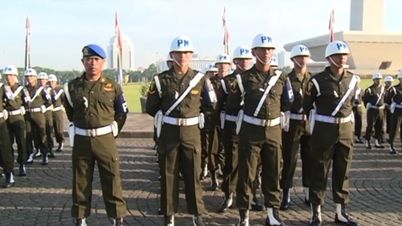






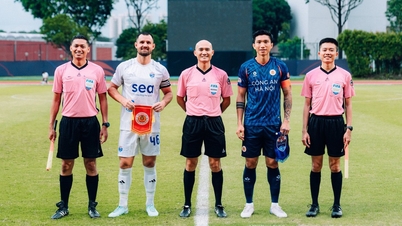


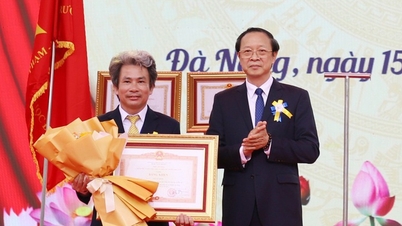






















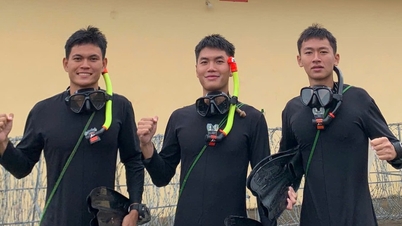















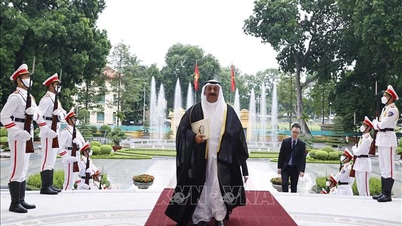
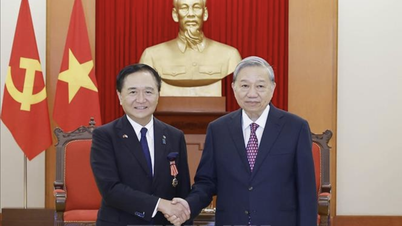



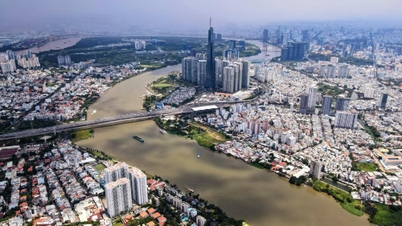

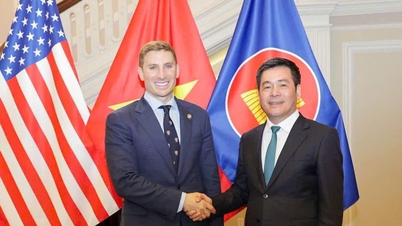


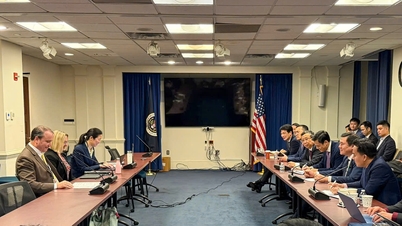





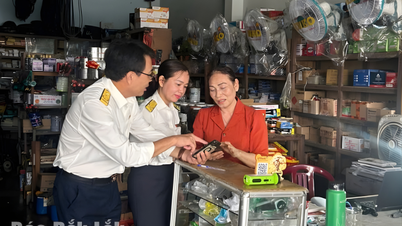













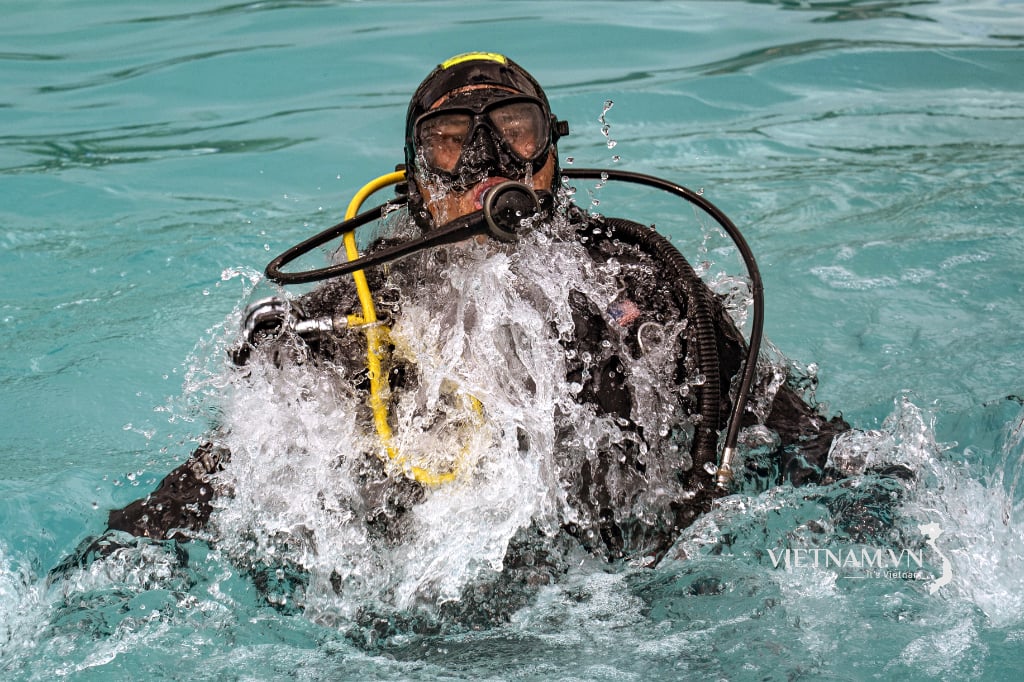



Comment (0)